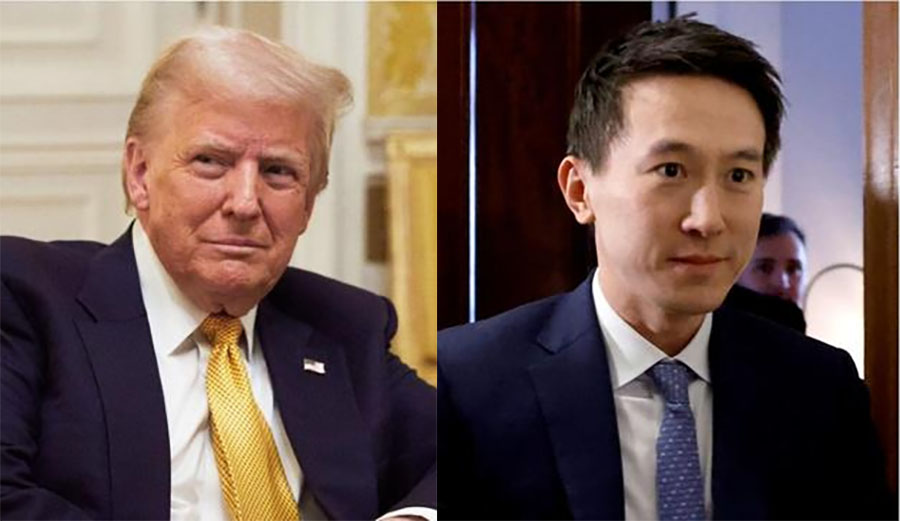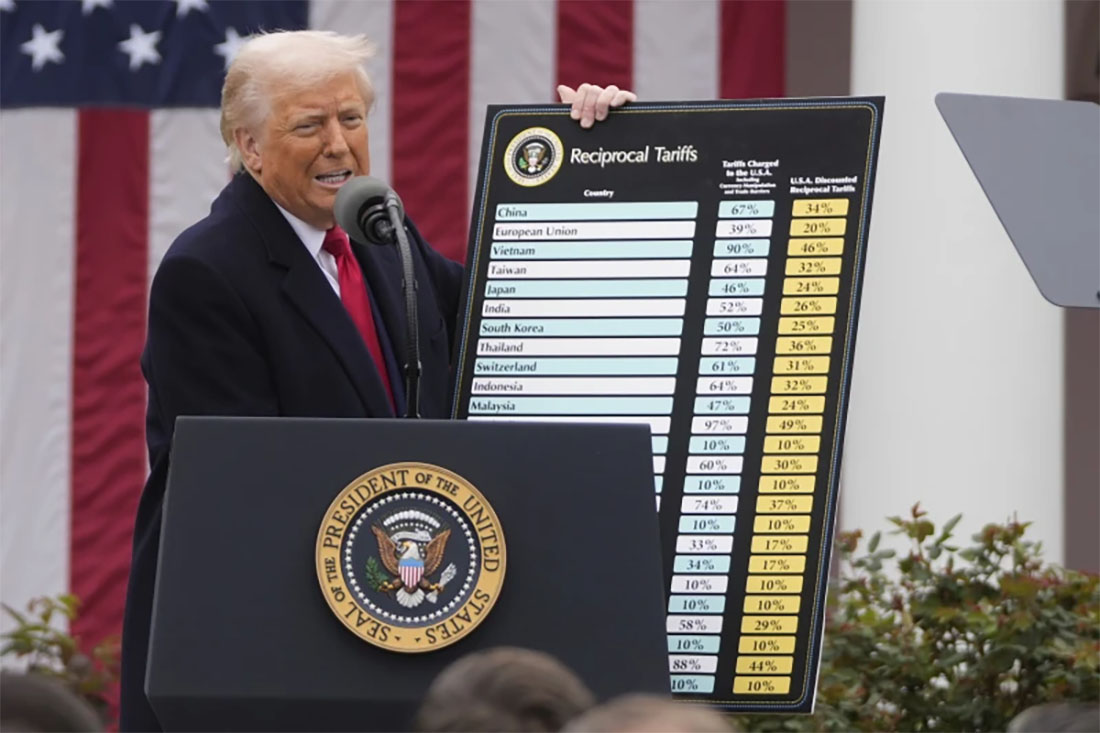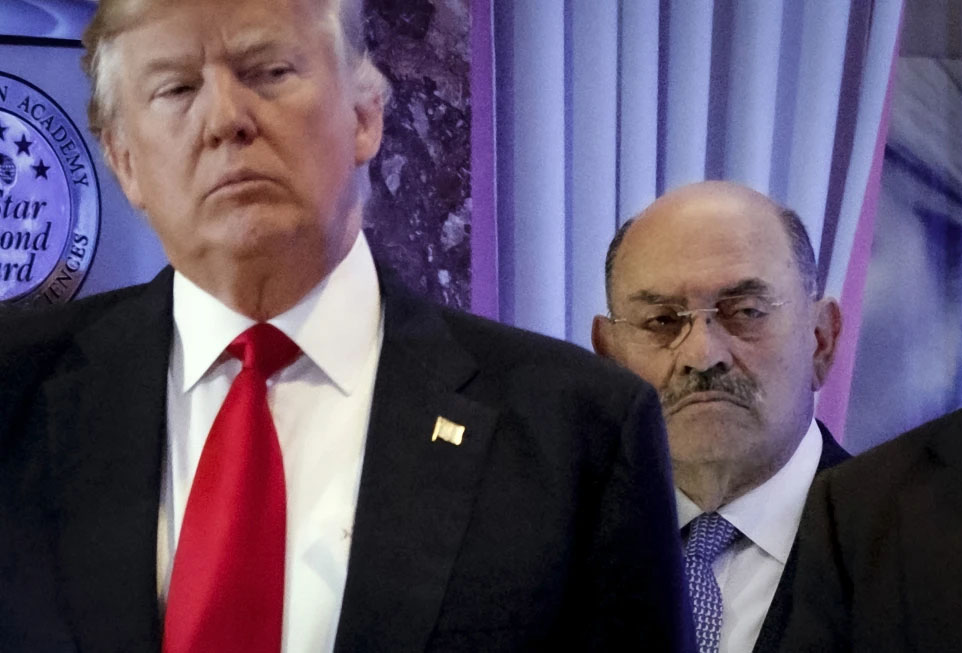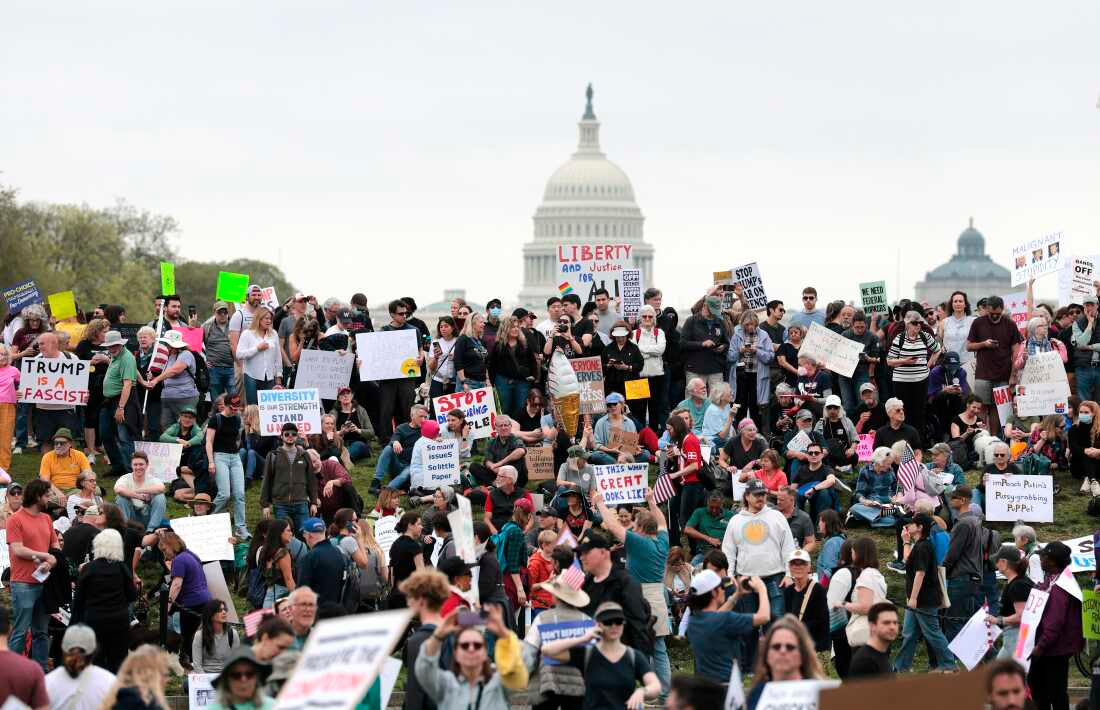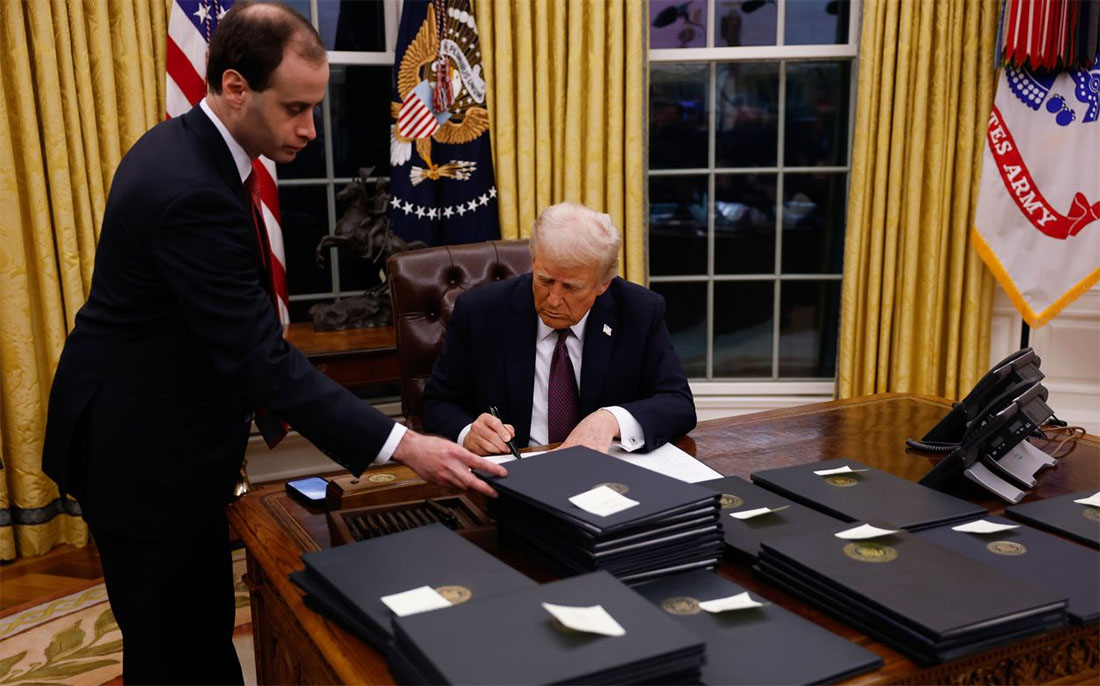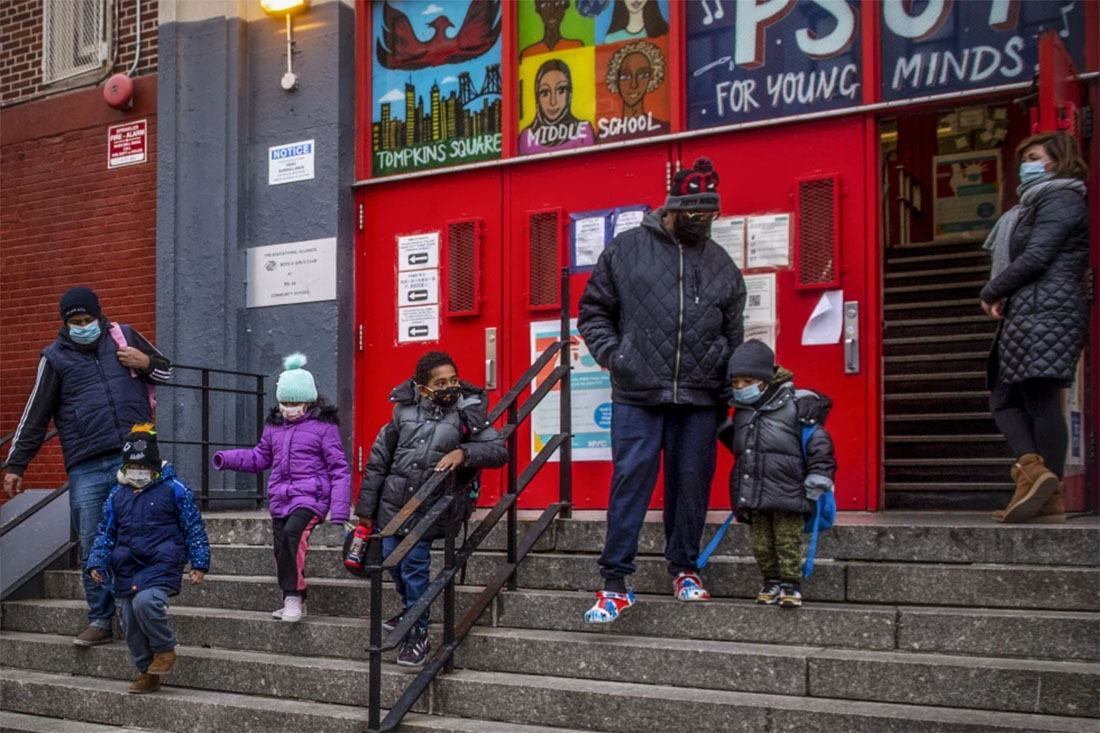ALL-FEMALE CREW ON BOARD TO MAKE HISTORIC BLUE ORIGIN SPACEFLIGHT NEXT WEEK
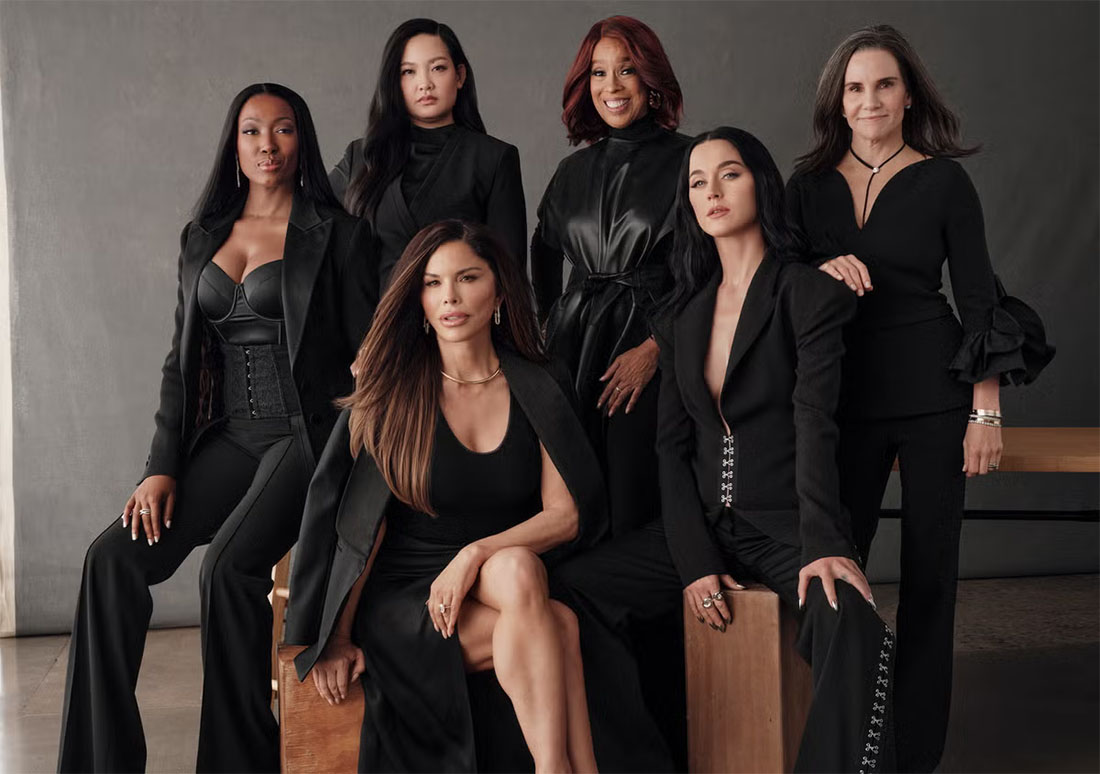
Photo Credit: Getty Images
In a historic milestone for commercial space travel, six women — pop icon Katy Perry and broadcast journalist Gayle King among them — will be rocketing into space aboard Blue Origin’s New Shepard rocket next week. The NS-31 mission will be the first all-female crewed spaceflight since Soviet cosmonaut Valentina Tereshkova’s solo flight in 1963.


